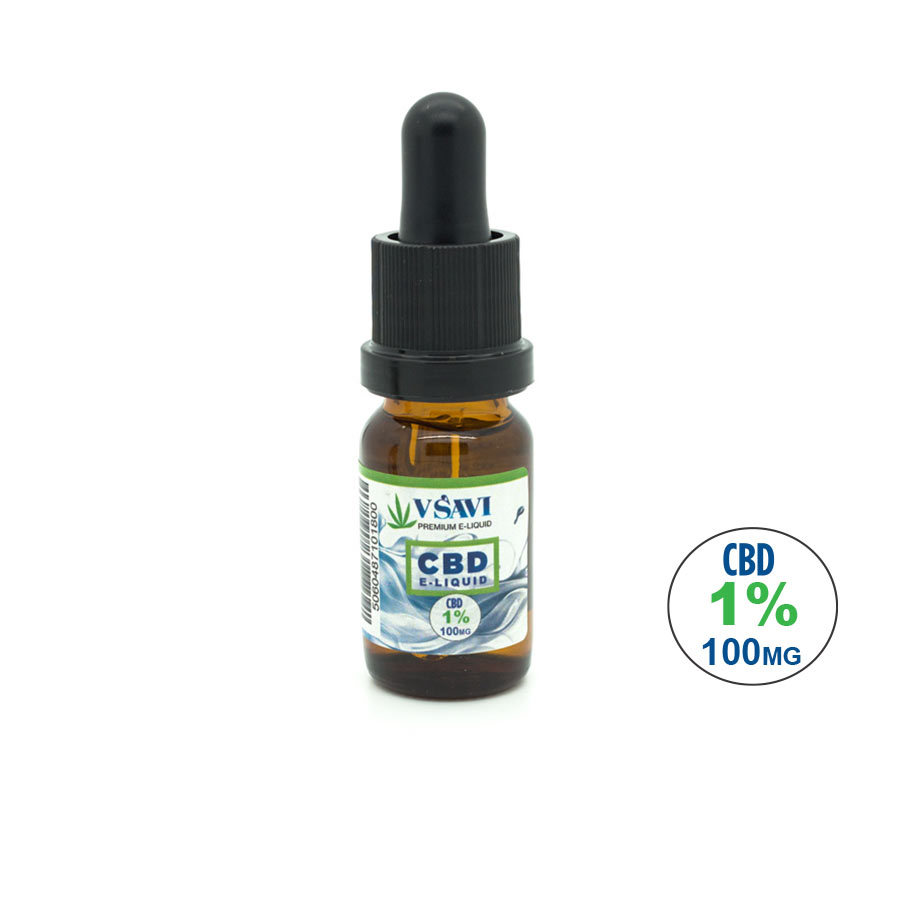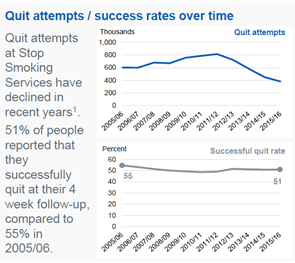10% Off Vsavi Discount Code Discount Code: Use ECR11 at checkout https://vsavi.co.uk/ Vsavi have established themselves as...
Stop Smoking Blog
Calling upon vapers far and wide to celebrate, embrace and share the benefits that vaping can have...
The appealing affordability of the cheap e-liquid at hand might seem like a tempting one. Though it’s...
‘Tis the season to inadvertently relinquish your life savings to Father Christmas! From Christmas cards to Christmas...
A hot topic of discussion this week has seen the United States Food and Drug Administration (F.D.A)...
CBD vape oil is gaining popularity because of a lot of recent publicity in the UK. The...
We’ve never really thought of vaping as being sinful, have you? It simply isn’t on our list...
Quitting smoking can be extremely difficult. This is in large part because of the addictive nature of...
As a stop smoking site I am frequently asked what the best e-cig is and why. I...
Are you trying to stop smoking? According to the 2017 NHS statistics there was an estimated 79,000...












